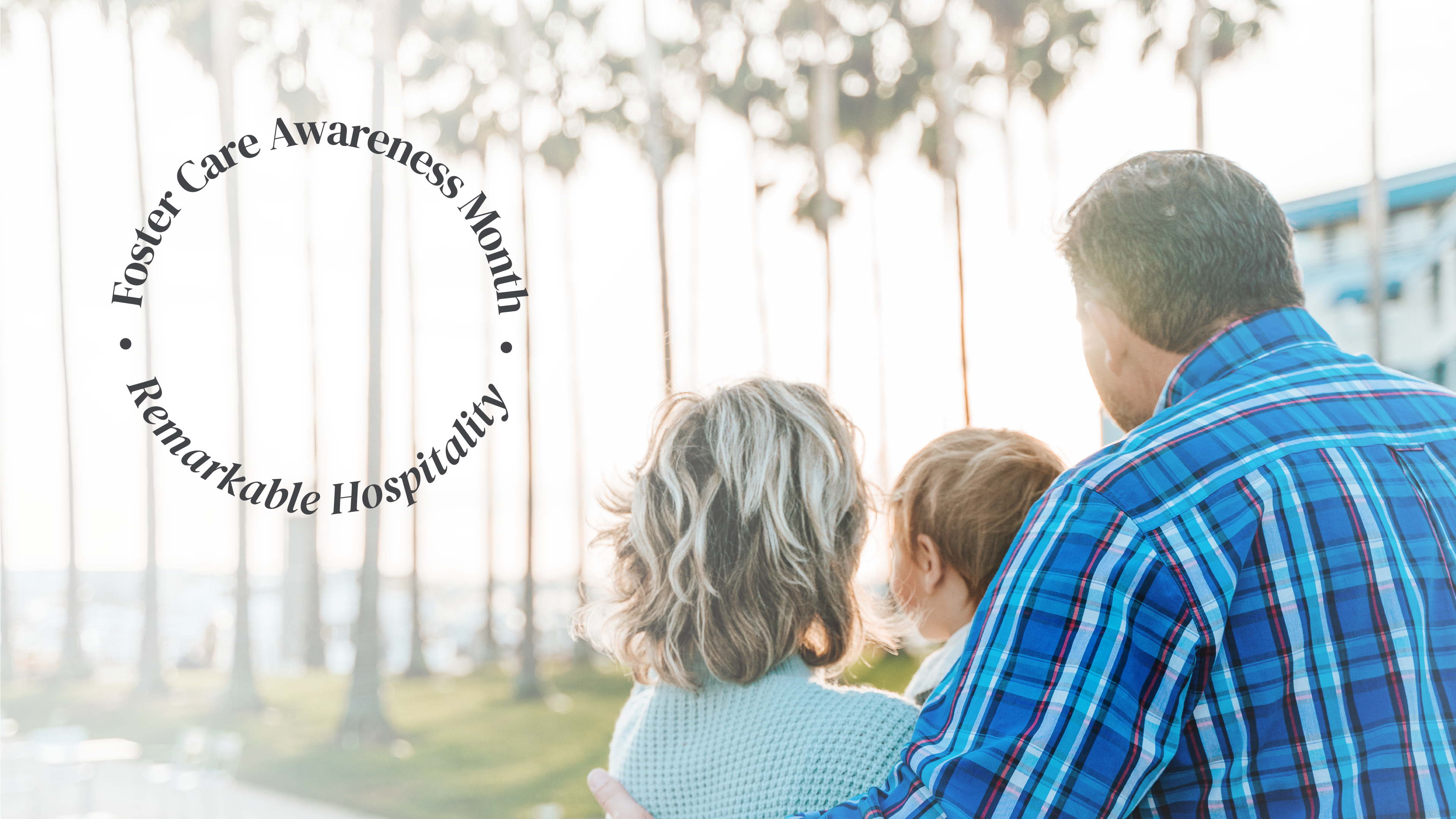I love the movie Lion King – I think it’s one of Disney’s best animated films. And any fan of the movie will tell you that the most pivotal scene is not – contrary to popular opinion – when Scar convinces little Simba that his father Mufasa’s death was his fault. The most pivotal scene happens after adolescent Samba has run away from the Pride Lands and bumps into a strange shaman named Rafiki. Rafiki attempts to offer Samba guidance, but Simba immediately writes off the deranged mandril primate as crazy saying, “I think you are confused,” to which Rafiki responds, “I am not the one who is confused. You don’t even know who you are.” At this point Rafiki reveals that he not only knew Simba’s father but claims he is still alive! Rafiki then leads Simba to the revelation that his father is alive… in that part of Mufasa lives on through him. Simba, in a moment of vulnerability, confesses that it is painful to remember his father’s death. And Rafiki, without skipping a beat, responds by saying, “Yes, the past can hurt, but the way I see it you can either run from it or learn from it.” This sage insight is just what Simba needed to realize he was the rightful King of Pride Rock and it was time for him to return and take back his kingdom from the evil rule of Scar.
What happened in this scene has been played out in a thousand movies and sung out in a thousand songs. It is the pivotal moment when a character understands that the hardship of their past is – in the words of Rafiki – not something to run from, it is something to learn from. The basic message of these profound moments can be simply summarized in the common expression, “don’t forget where you came from.” The principle behind this expression is that the pain of our past is often the door to our future.
This was just as true for ancient Israel as it was for Simba. In the last 3 blog posts we have been unpacking some of the key themes regarding how the Old Testament uses the Hebrew word yātôm (which is translated to English as “orphan” or “fatherless.”) And this week we arrive at theme #4 which is that God calls his people to do justice towards yātôm because they to were helpless as slaves in Egypt (Deut 16:12; 24:18, 22). This is God reminding Israel, “don’t forget where you came from.” God expects Isreal to love and care for the fatherless because they themselves were in desperate need of defense and protection while slaves in Egypt. Listen to how the following passage from the book of Deuteronomy puts it:
“You shall not pervert the justice due to the sojourner or to the fatherless, or take a widow’s garment in pledge, but you shall remember that you were a slave in Egypt and the Lord your God redeemed you from there; therefore I command you to do this.”– Deuteronomy 24:17-18
God redeemed Israel from their helpless state as slaves in Egypt. He listened to their cry for help and responded in compassion. Israel, more than anyone else, should empathize with the powerless and the oppressed because they were once in the exact same state. God’s love for his people is not only a blessing to be received, it is an action to be imitated. Being loved by God is a transformative action! When you are loved by God, you are changed by God. As God loves you, you learn to love others. And as God abides in you, you have the love of God to give away.
Because of this, God expected – even demanded! – that Israel would follow His lead and take concert steps to care for the yātôm among them. The Lord even gave detailed instructions about how to harvest grain and gather produce in a way that nourished and provided for the vulnerable within the community.
“When you reap your harvest in your field and forget a sheaf in the field, you shall not go back to get it. It shall be for the sojourner, the fatherless, and the widow, that the Lord your God may bless you in all the work of your hands. When you beat your olive trees, you shall not go over them again. It shall be for the sojourner, the fatherless, and the widow. When you gather the grapes of your vineyard, you shall not strip it afterward. It shall be for the sojourner, the fatherless, and the widow. You shall remember that you were a slave in the land of Egypt; therefore I command you to do this.”
– Deuteronomy 24:19-22
It is precisely because Israel was helpless and hungry in their bondage that they are now to be generous and compassionate in their freedom. And this “don’t forget where you came from” theme is not only found in the Hebrew Scriptures; it carries on throughout the whole Bible. In the Gospels when Jesus would heal, bless, redeem, and forgive he would often turn to his disciples and say, “go and do likewise” (Mt 6:14; Lk 10:37). And the apostle Paul exhorted the church in Ephesus to “be imitators of God, as beloved children. And walk in love, as Christ loved us and gave himself up for us” (Eph 5:1-2). It is because Christ has given himself up for us that we are called to give ourselves away to others.
This means for the Christian, foster care and adoption are simply a response to what God has done for them. Christians are the ones who were spiritually orphaned, yet now adopted by God into his family. And since God graciously brought them into his family, they are called to open their homes to children who need a family.
The call to “not forget where you came from” has two significant applications that help to fortify and strengthen those who care for children and youth in foster care. First, it creates empathy. Followers of Jesus know first hand the experience of being vulnerable and defenseless. We too were those in need of defenders and advocates when Jesus, our great mediator, came to our rescue and spoke up on our behalf. It is only through the work and love of Christ that we have been reunited with our father in heaven. And second, it prevents us from feeling superior. The “savior complex” temptation is real. It is easy to feel like foster parents and advocates are the heroes of the social welfare story. But “not forgetting where you came from” provides the sobering and needed perceptive that apart from Christ we can do nothing! Every righteous impulse and kind act is simply the kingdom of God breaking out of a life submitted to Christ.
Theme #1: God will bring judgment on those who oppress yātôm
Theme #2: God will bring blessing on those who protect and care for yātôm
Theme #3: God himself provides for and defends yātôm Theme #4: God calls his people to do justice towards yātôm because they to were helpless as slaves in Egypt. (Deut 16:12; 24:18, 22)
Ryan MacDonald



